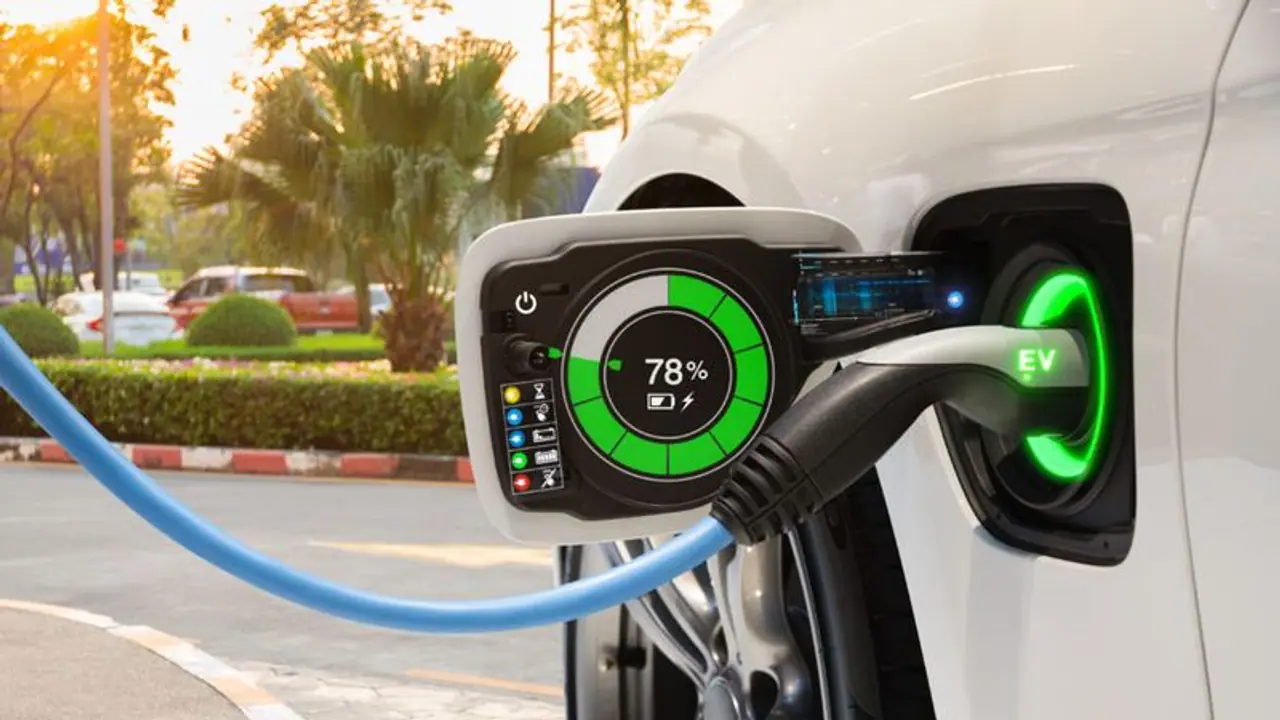The government will also instruct dealers and gas stations not to provide gasoline to cars without a pollution-under-control (PUC) certificate.
The Delhi government intends to force e-commerce companies, food delivery services, and cab aggregators to switch to electric vehicles. It intends to boost the EV proportion of total vehicle sales to 25% by 2024 to reduce air pollution. It will also instruct dealers and gas stations not to provide gasoline to cars without a pollution-under-control (PUC) certificate. Vehicle emissions account for over 40% of the city's air pollution. According to an official, the government will take two key actions to reduce vehicular pollution: they will ask all aggregators, including Zomato, Swiggy, Ola, and Uber, to transition to electric cars. These services account for 30% of all registered automobiles in Delhi.

According to the sources, they are also thinking of instructing dealers and petrol stations not to fill vehicles that do not have a valid PUC certificate. Directions under the Environment (Protection) Act is anticipated to be published this week in this respect. When asked if aggregators would be given a deadline to transition to EVs, a senior official in the transportation department stated it would be done gradually. The draught guidelines will be available soon. In addition to expanding the electric charging infrastructure, the transportation department begins discussions on establishing a battery swapping infrastructure in private space.
Also Read | Round-up 2021: From Tigor EV to BMW iX; take a look at major electric vehicles launched this year
Electric vehicles with swappable batteries are significantly less expensive. The Delhi Electric Vehicles policy, which went into effect in August 2020, intends to increase the EV percentage of total vehicle sales to 25% by 2024. Vehicle owners must have their cars tested to see if they fulfil pollution requirements for carbon monoxide, nitrous oxides, and carbon dioxide. In October, the local administration initiated a significant push to examine PUC certificates, deploying roughly 500 staff at gas stations to do so. According to the Swiss air technology company IQAir, Delhi is the most polluted city globally and one of the fastest-growing cities in terms of population.
